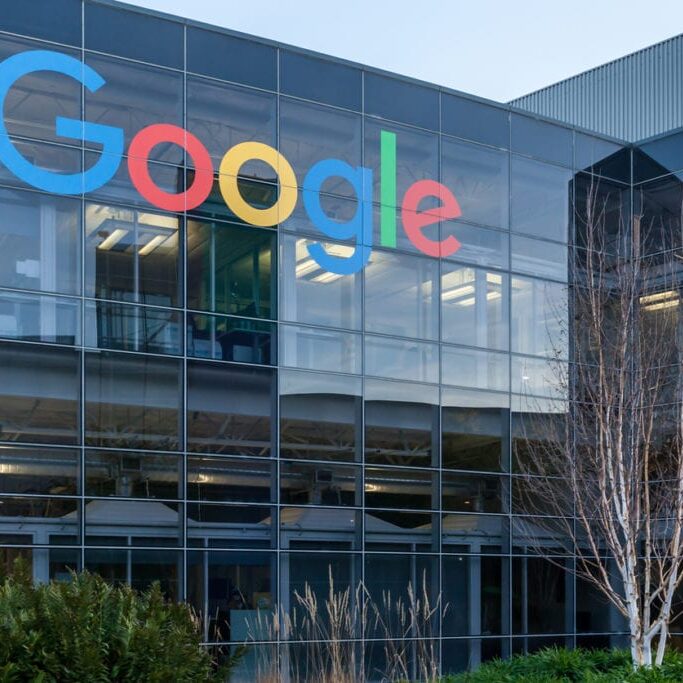Insights < BACK TO ALL INSIGHTS
Google Advances the Ball for Online Gaming in the U.S., With a Boost from Sports Betting
Google Advances the Ball for Online Gaming in the U.S., With a Boost from Sports Betting
By: Nicole Kardell
Google is planning to unblock online casino advertisements in the regulated U.S. gambling market in early 2020, according to a . The lift on casino ads in markets where it is legalized and regulated should help the industry get traction, boost revenues, and pave the way for other states to come online. Importantly, it should also help offset the imbalance between (1) nascent legal, regulated industry participants and (2) established offshore operators of questionable credibility.
Google, the largest publisher for internet advertising, has had a longstanding ban on advertisements for online casinos in U.S. markets. It is a bit of a puzzler in markets where online gaming is legal and regulated. And the ban has primarily served to stymie growth for industry players that are doing it right, i.e. operating with licenses and within the confines of the law.
Google’s decision to remove the ban on online casino ads follows a series of related ban-lifts in sports betting and fantasy sports by the search megalith in recent months:
- Google opened the gates for sports betting ads in states where the practice is legalized and regulated, including New Jersey, Nevada and West Virginia. Google announced that it also will start to allow sports betting ads in Indiana, Iowa, Montana, Pennsylvania and Rhode Island, with those states’ development of regulated sports betting. (Sports betting is taking hold across states after a May 2018 U.S. Supreme Court decision that struck down an earlier federal ban on sports betting; more states are likely to come online, and within Google’s policy, in the coming months. See more detail below.)
- Google lifted the ban for online fantasy sports ads in August of this year, opening advertising to licensed advertisers in the fantasy sports industry.
Advertisers in these spaces will still need to jump through a few hoops to get their ads posted on Google and related sites like YouTube (e.g., license verification and/or certifications that they are operating legally in regulated markets). But the opportunity represents a paradigm shift: the online gaming and sports betting industries are both credible and important market segments. And Google’s change of course is a helpful step forward. The opportunity for online gaming, which follows developments in sports betting, also shows how one industry supports the other in terms of political and consumer adoption.
Efforts by gaming interests to get the word out about their offerings and their brands has been hampered by Google’s outdated policy. The ad blocks did not reflect the reality that online gaming is an established, legal, and regulated industry in New Jersey, Delaware, and Nevada (these three states legalized online gaming in their states in 2012-2013). Google’s policy also did not reflect the movement toward legalizing online gaming in other states: Pennsylvania legalized online gaming in 2017; West Virginia passed legislation to legalize online gaming this year; there is pending legislation in several states, including Connecticut, Massachusetts, Michigan, and New York.
The fact that Google’s policy did not match the current legal landscape was most pronounced, however, by the sports betting industry. The online gaming industry may have those interests to thank for getting Google to take a new look at its ad blocks. Since the May 2018 Supreme Court decision, Murphy v. NCAA, in which the high court struck down a federal ban on sports betting, states having been in a frenzy to roll out legalized sports betting. To date, 19 out of 50 states have enacted legislation to allow for some form of sports betting in their state and another 24 have pending legislation. (For more details on the status of legalized online gaming and sports betting in the U.S., please download our “Definitive Guide to Online Gaming and Betting in the U.S.”). With this number of states establishing frameworks for legalized sports betting, Google has been forced to review its standards. And with its review comes a fresh look at online gaming and its legalization in the U.S.
During Google’s ad ban, people who have wanted to play online games have remained with known (unregulated) offshore outlets. That is due, at least in part, to regulated operators inability to get the word out and make players aware of their existence. Those legal and regulated operators have been veiled under an antiquated ad block. But as Google removes the proverbial veil, this should give the industry a boost. And the changes at Google are a reminder that online gaming and sports betting are best served playing on the same side.





